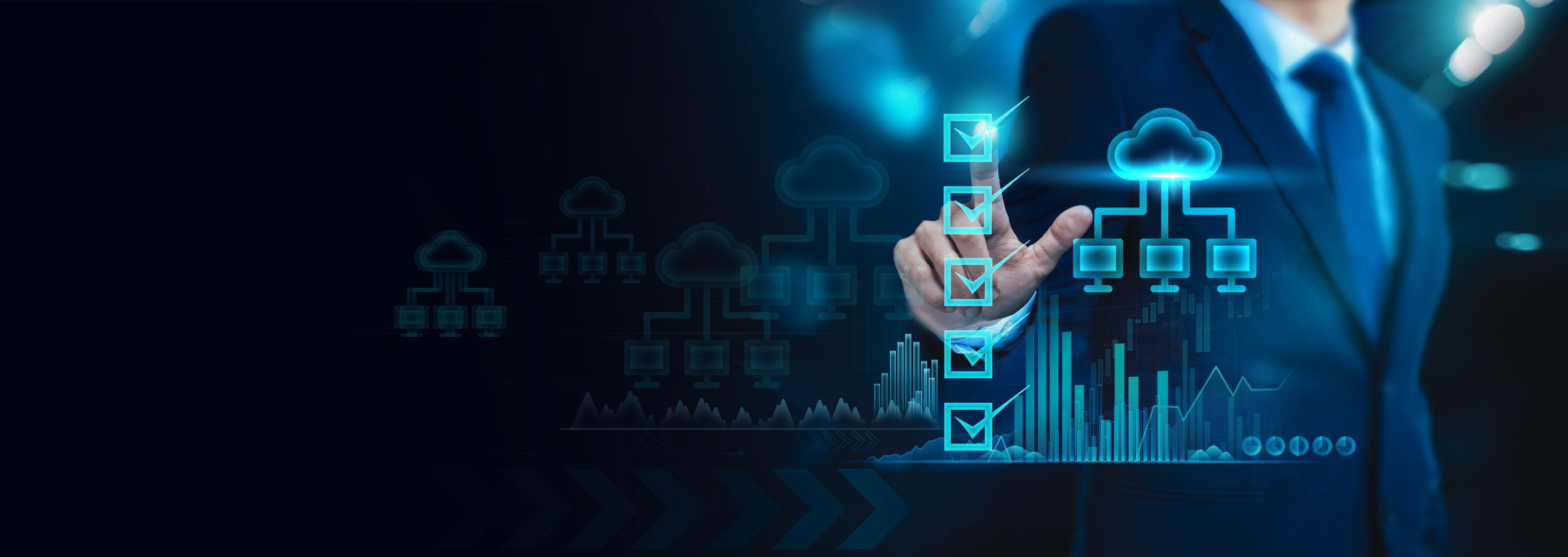Businesses need to make a stronger comeback in the post-COVID-19 world to recover the lost ground. However, there are new challenges to address. Technology can enable businesses to restart their operations, transform their processes, explore new opportunities and address the existing challenges.
COVID-19 has highlighted the importance of technology in our personal life. The global pandemic has disrupted life and businesses like never before and compelled humanity to think of new ways to survive. While the economic activities across the globe were at best stagnant, companies that had built good technology capabilities were able to operate. Now, as we move into the post-COVID-19 world and businesses look for ways to make a strong comeback, it is the technology that will drive the economic resilience.
The technologies that will help businesses navigate through the current challenges are not new. Artificial Intelligence (AI), cloud, Virtual Reality (VR) etc., were already growing and COVID-19 has just accelerated their adoption in the enterprises. Businesses are leveraging these technologies to rapidly transform to create scalable impact and build highly personalized offerings for their customers.
The demand for the established and new technologies will continue beyond the COVID-19 period as businesses see more benefits and opportunities. As time becomes an essence in making a strong comeback, organizations would also need an experienced technology partner to rapidly adopt these technologies. At Gemini Consulting & Services, we’ve helped many businesses over the years in adopting new technologies to solve complex business needs. Contact us to know more about our services.
Technologies That Enable Businesses to Restart
Artificial Intelligence (AI) : According to a report by The Business Research Company, the global AI market is projected to grow from US$ 28.42 billion in 2019 to US$ 40.74 billion in 2020 at a CAGR of 43.39%. The report further says that the growth is primarily due to the COVID-19 causing a new wave of transformative technologies including smart machines and robots etc. The market is then expected to reach US$ 99.94 billion in 2023 at a CAGR of 34.86%.
The rise of AI will help businesses to harness their structured and unstructured data at scale and generate insights. It will also help companies digitalize and automate a lot of activities in their operations. We’ve already witnessed the potential of AI-driven chatbots in augmenting customer support and services. We will see more such applications and disruptive innovations driven by AI in business.
Blockchain : According to MarketsandMarkets, the blockchain market size world-wide is predicted to grow from US$ 3.0 billion in 2020 to US$ 39.7 billion by 2025, at a CAGR of 67.3% during the period. The growth will be mainly driven by the rising need among businesses for simplifying the processes and demand for supply chain management applications integrated with the blockchain.
COVID-19 has exposed the cracks in the global supply chains and highlighted the importance of building secure, transparent, interoperable and connected networks. With its decentralized and secure nature, Blockchain can lead to new opportunities for businesses through greater transparency, and easier traceability. It can eliminate fraud, reduce paperwork, track shipments from their source of origin, real-time fund transfer and build trust between parties. The technology which saw some traction in the last few years will continue to be adopted by businesses in diverse areas.
Virtual Reality (VR) /Augmented Reality (AR) : As per a study by VynZ Research, the global AR and VR market is estimated to generate US$ 22.1 billion in revenue in 2020 and is predicted to reach US$ 161.1 billion by 2025, at a CAGR of 48.8% during the forecast period. The growth is expected to be driven by growing responsiveness about VR and AR, rapid acceptance of the technology in enterprises and the need to develop mixed reality for implementation in prospective applications.
While VR/AR has been till now majorly used for personal and entertainment purposes as the world goes contactless and work from home becomes a norm in businesses, we will see applications of AR and VR in employee training, virtual collaboration and online education etc.
Internet of Things (IoT) : According to MarketsandMarkets, the Internet Of Things (IoT) market size is projected to grow from USD 150 billion in 2019 to USD 243 billion in 2021, at a CAGR of 13.7% during the period. The major factors driving the IoT market include the work from home initiative, rising smart payments, and increasing demand for wearable devices.
Companies would need IoT-driven remote tracking applications to manage employees working from home, remotely track and manage their assets and drive innovation to address the contactless environment challenge.
Cloud Computing : As per independent analyst company Canalys, spending on cloud infrastructure services hit a record in Q1 2020, growing at 34% to US$31.0 billion. The growth was driven by organizations moving to remote working and demand for rapid access to computing resources in the face of lockdowns and disruption.
The surge in demand for cloud computing is expected to continue as e-commerce, online collaboration tools, and consumer cloud services usage will increase as businesses restart and scale their operations in the post-COVID-19 world.



